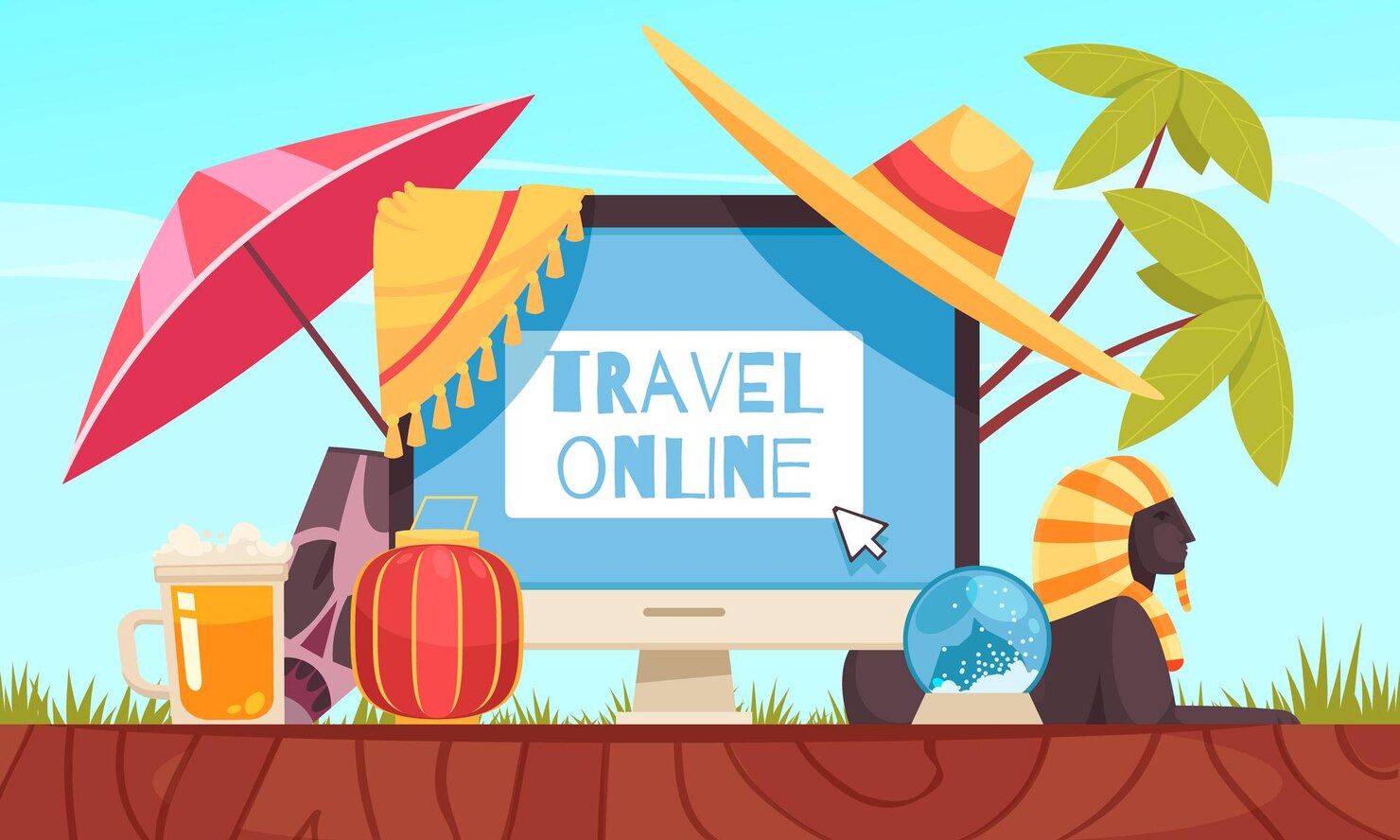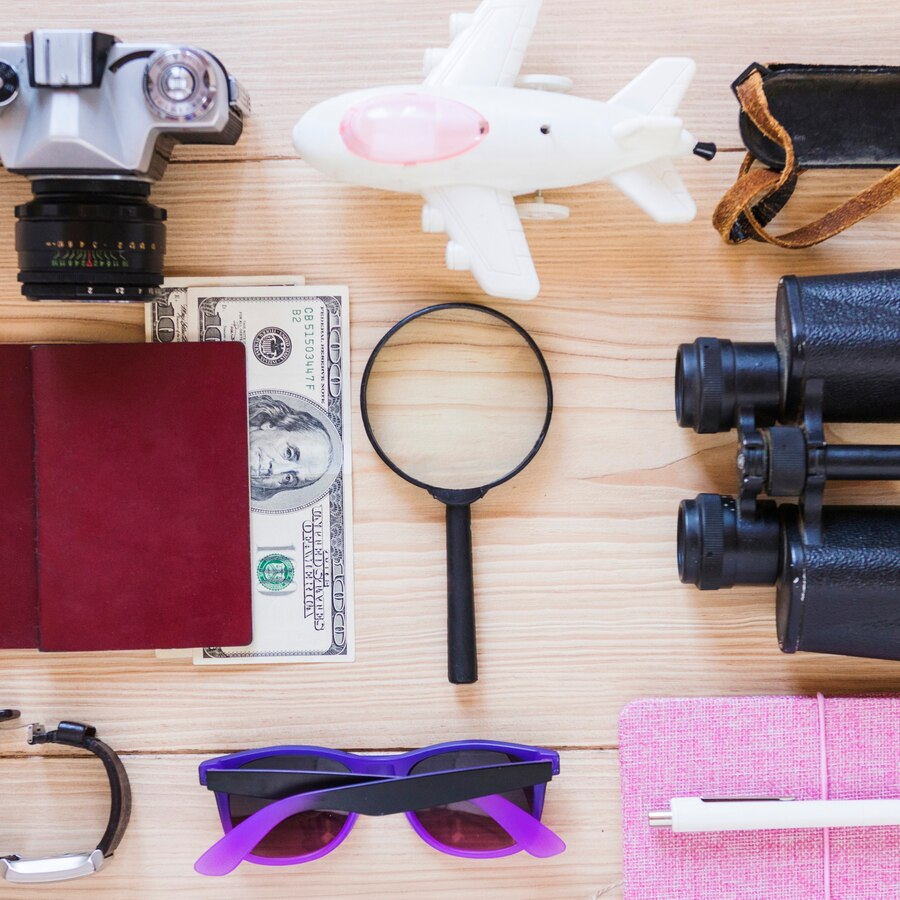In today's world, where travel is becoming more accessible, fraud in the tourism sector has also reached new heights. The emergence of fake travel companies and fraudulent travel agencies poses serious risks to consumers. It is important to know how to recognize such scams and protect yourself.
Travel Agency Fraud: How It Works
Fraudulent travel agencies often use enticing offers to attract clients. This can be advertisements for low-priced trips, free tours, or exclusive deals. Such companies usually do not have licenses and do not provide real services. They may use fake reviews, forged certificates, and images to create an illusion of legitimacy.
Fake Travel Agencies
Fake travel agencies operate in a similar manner. They offer services for booking hotels, airline tickets, and tour programs, but take a prepayment and disappear. It is important to remember that legitimate companies always provide the opportunity to change or cancel bookings, while scammers usually do not refund money.
Hotel Booking Scams
One of the most common methods of deception is hotel booking scams. Scammers may create fake websites with attractive offers and take a prepayment for booking. Upon arrival at the hotel, tourists find that the booking was not made or the hotel does not exist. To avoid such situations, always check the agency's reputation and reviews.

Airline Ticket Scams
Airline ticket scams also play a significant role in travel industry fraud. Scammers may offer tickets at a price significantly lower than the market rate. In some cases, these tickets turn out to be fake or invalid. Before purchasing, check the flight information and the selling company.

How to Check a Travel Agency
To protect against fraud, it is recommended to verify information about travel agencies. Below is a list of recommendations:
- Read reviews about the company on independent platforms.
- Check for a license and a registered office.
- Compare prices with offers from other agencies.
- Familiarize yourself with the refund policy and the possibility of changing bookings.
By following these simple steps, you can significantly reduce the risk of becoming a victim of scammers.
Fake Travel Websites
Fake travel websites are becoming an increasingly common form of fraud. Such sites can look very professional and attractive, often using beautiful images and enticing offers. They often offer significant discounts on popular destinations and unique tours. However, if a user lands on such a site and enters their data, they risk falling into a trap.
Scammers may collect personal data, credit card numbers, and other important information, then use it to commit crimes. To avoid landing on a fake site, it is recommended to check the URL: legitimate companies have their own domain names, while scammers may use similar but not identical addresses. Also, pay attention to the presence of a secure connection (https://) and a lock icon in the address bar.

Package Tour Scams
Package tour scams often occur when a company offers "special deals" or "limited promotions" that require immediate decision-making. In such cases, consumers may be pushed to purchase tours without proper review of the terms. Scammers may hide information about additional fees, taxes, or cancellation policies. When buying tours, carefully examine all the terms and read reviews from other tourists.
How to Avoid Travel Fraud
To reduce the risk of becoming a victim of scammers, you should adhere to a few basic rules:
- Check licenses. Make sure the travel agency has a license and is registered with the relevant authorities.
- Read reviews. Research other clients' opinions about the company on independent resources and forums.
- Compare offers. Do not rely on the first attractive offer. Compare it with similar ones from other sources.
- Pay attention to details. Study the booking and cancellation terms, ensure they are clearly and transparently stated.
- Keep documents. Save all emails, confirmations, and receipts related to your trips.

By following these recommendations, tourists can significantly increase their safety and avoid unpleasant situations related to travel fraud. Safe travel planning requires attentiveness and awareness, but ultimately it helps avoid financial losses and disappointment.
 >
>